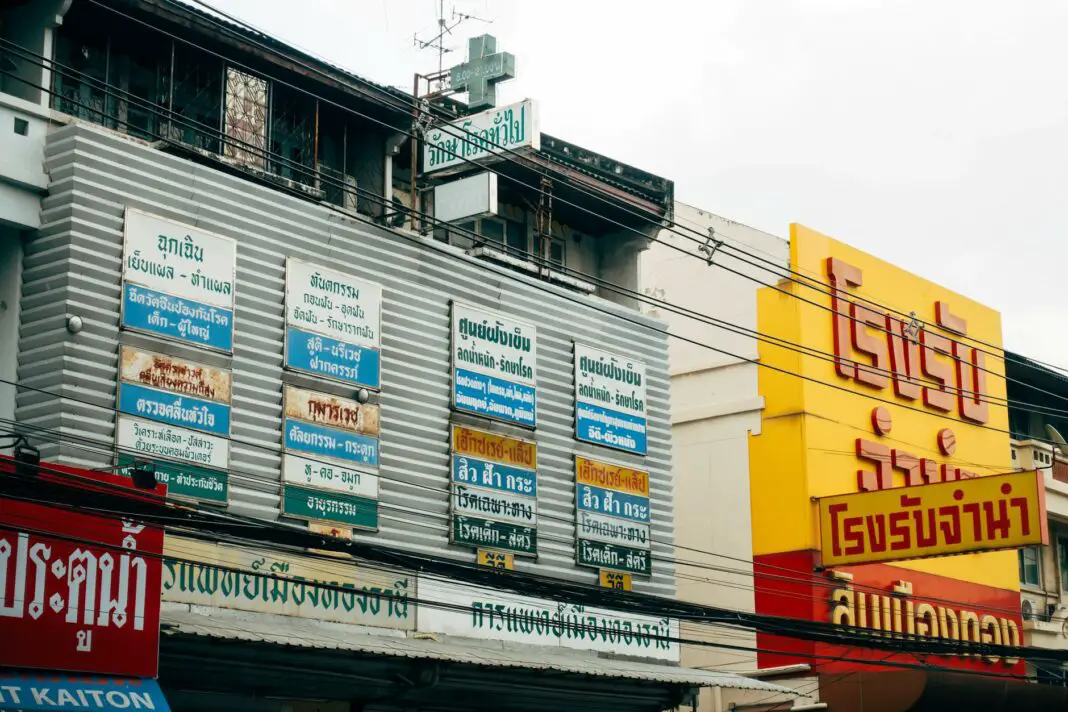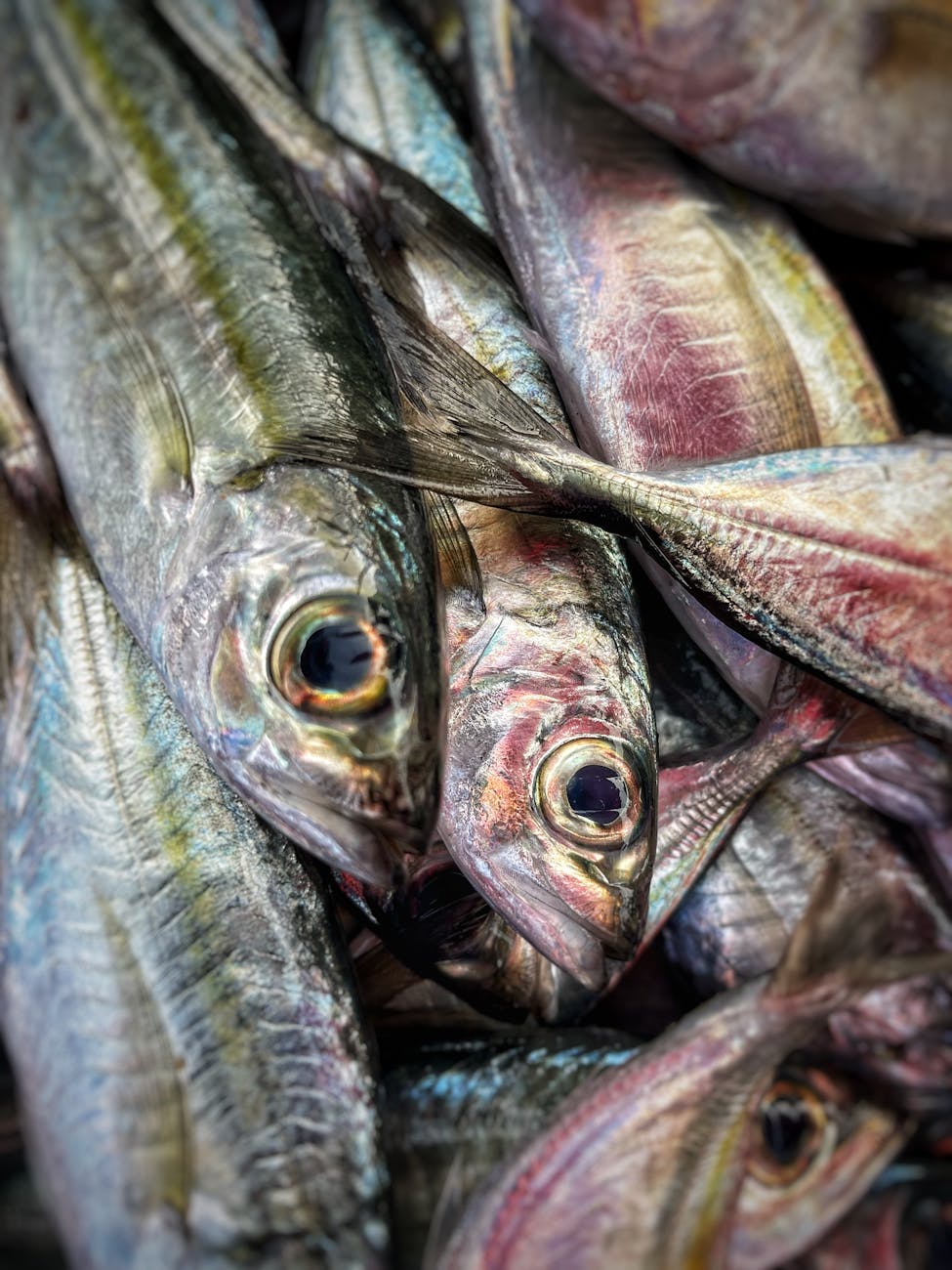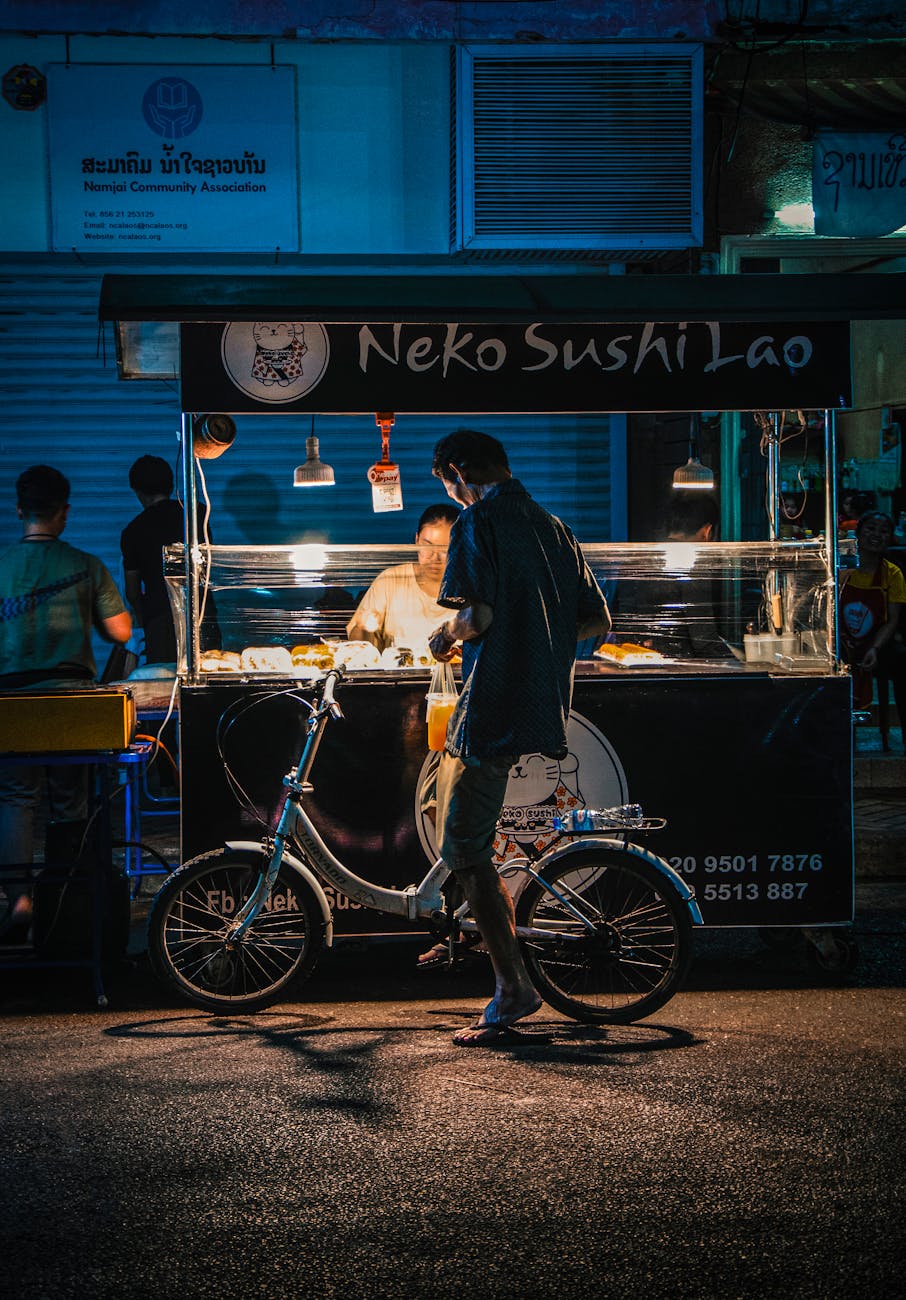Embarking on a trip to Thailand is not just about soaking in the sun on stunning beaches or exploring ancient temples; it’s a culinary adventure that intertwines extraordinary flavors with sustainable practices. Many travelers are now discovering that Thailand’s local cuisine is an eco-tourism gem, offering an authentic taste of the region while promoting environmental consciousness. As we explore the diverse aspects of Thai culinary culture, prepare to be enlightened about how your dining choices can enhance not only your travel experience but also contribute to a more sustainable future.
In this blog post, we will delve into the delicate balance between indulging in Thailand’s culinary wonders and fostering eco-friendly practices. From understanding which local foods are sourced sustainably to exploring how traditional cooking techniques support environmental preservation, our journey will reveal insights that challenge conventional tourism narratives. Get ready to savor the flavors while making a positive impact on the planet!
Table of Contents
- Thai Cuisine and Sustainability
- Culinary Traditions That Protect the Environment
- Supporting Local Farmers and Communities
- Sustainable Dining Options to Explore
- Experiencing Food and Nature in Harmony
- Takeaway Insights for Eco-Conscious Travelers
- Your Culinary Journey Awaits
Thai Cuisine and Sustainability
Understanding how Thai cuisine aligns with ecological sustainability begins with its core principles. The philosophy of using seasonal, local ingredients inherently promotes sustainable practices that benefit both the environment and local communities. Products harvested from nearby farms not only reduce carbon emissions associated with transportation but also enhance the flavors on your plate. Imagine enjoying a spicy green curry made with fresh, locally sourced vegetables that were picked just hours earlier, delivering an explosion of taste while minimizing environmental impact. This connection between food freshness and sustainability opens the door to a deeper appreciation of Thai culture and enhances the overall dining experience.
Moreover, traditional Thai cooking methods, which emphasize simplicity and balance, contribute to reduced waste. Ingredients are carefully selected, and each part of the produce is utilized to minimize waste. For example, in many dishes, even the tops of vegetables or herbs are incorporated, showcasing the creativity of chefs while being mindful of the planet. By choosing to immerse yourself in this culinary journey, you are participating in a cycle that promotes both personal enjoyment and environmental stewardship, truly embodying the essence of eco-tourism.
Culinary Traditions That Protect the Environment
In Thailand, culinary traditions are often passed down through generations, rich with heritage and ecological wisdom. Many traditional dishes exemplify the synergy between food and nature, using ingredients that are in harmony with the local ecosystem. For example, dishes like Som Tum (spicy green papaya salad) highlight the importance of choosing in-season produce, which varies throughout the year. With each season bringing different flavors, a trip to Thailand offers continual culinary exploration and the chance to experience the land’s natural cycles.
These culinary customs also emphasize the locality of ingredients, often encouraging travelers to opt for regional dishes when dining out. This practice fosters a sustainable food culture that strengthens local economies and encourages the preservation of biodiversity. The vibrant street food scene, characterized by open-air markets filled with hawkers serving freshly prepared meals, exemplifies this deep-rooted commitment to the environment while delivering incredible flavors. Engaging with these traditions not only enriches your palate but also supports sustainable development in the destination you visit.
Supporting Local Farmers and Communities
By choosing to indulge in local cuisine during your travels, you actively participate in a global effort to support small-scale farmers and local communities. Thailand’s local markets and restaurants often prioritize partnerships with nearby producers, thereby ensuring fresh ingredients while stimulating the economy. When you savor a bowl of boat noodles or a plate of Pad Thai, you are not just appreciating the flavors but also empowering the individuals behind the food. This act of choosing local fosters a sense of community and encourages the preservation of traditional farming practices, many of which adhere to organic and eco-friendly standards.
Additionally, by frequenting eateries that advocate for local sourcing, you contribute to a system that values ecologically sound agricultural practices. Many restaurants proudly display their partnerships with local farms, showcasing a farm-to-table approach that resonates well with eco-tourism principles. Not only does this support sustainability, but it also enhances your travel experience by connecting you with the authentic essence of Thai culture, all through the universal language of food.
Sustainable Dining Options to Explore
As travelers increasingly seek eco-friendly choices, several dining establishments in Thailand stand out for their commitment to sustainability. Restaurants that emphasize organic farming, waste reduction, and ethical sourcing are becoming more prevalent, providing diners with the opportunity to enjoy delicious meals while being part of the solution. One such emerging trend is the rise of restaurants that feature organic farms or gardens, allowing guests to pick their own ingredients before they are expertly prepared by skilled chefs. This immersive experience cultivates a deeper appreciation for the food you consume and connects you with the land.
Additionally, dining options that avoid single-use plastics, utilize biodegradable materials, and engage in composting practices are paving the way for a more sustainable future in Thailand’s culinary scene. By opting for these establishments, you support innovative concepts and practices that prioritize ecological balance while enjoying the rich flavors of the region. Participating in this movement not only enriches your culinary adventure but helps create a ripple effect, influencing the broader tourism industry towards environmentally conscious practices that set new standards globally.
Experiencing Food and Nature in Harmony
Imagine wandering through lush rice paddies, inhaling the fragrant air mingled with the scents of freshly harvested herbs. In Thailand, there is a tangible connection to nature that enhances both your travel experience and culinary journeys. Engaging in activities such as farm tours or cooking classes in rural settings allows you to understand the journey of food from soil to plate. These experiences not only showcase the importance of nature in Thai cuisine but also reinforce the idea of eco-tourism through immersive learning.
Highlights of this immersive journey include foraging for wild ingredients or visiting rural villages where food is prepared using traditional methods that have stood the test of time. Such opportunities enrich your understanding of the ecological practices surrounding Thai cooking, reinforcing the bond between food and the environment. Embracing this philosophy fosters a sense of respect and admiration for the landscapes and communities that nurture the very ingredients present on your plate, enhancing your overall appreciation for Thailand’s vibrant culture.
Takeaway Insights for Eco-Conscious Travelers
The combination of Thailand’s culinary landscape and sustainable practices presents a unique opportunity for eco-conscious travelers. As you savor the complex flavors of a traditional Thai meal, you can feel empowered knowing your choices are making a positive impact on the environment. Start by discovering local markets and street vendors that prioritize fresh, seasonal produce to experience food as locals do. Consider opting for dining establishments that showcase their commitment to sustainability through sourcing practices or environmental initiatives.
Furthermore, engaging in eco-tourism activities, such as food tours or cooking classes, can heighten your understanding of Thailand’s rich culinary traditions while supporting responsible tourism. Whether it’s learning how to create traditional dishes or exploring local farms, you are sure to create lasting memories linked to sustainable culinary adventures. By being a mindful traveler, you assert the importance of protecting the very environments that enhance your travel experiences, making every bite count in your journey toward eco-tourism bliss.
Your Culinary Journey Awaits
As you plan your adventure to Thailand, keep in mind the incredible opportunity that local cuisine presents in the realm of eco-tourism. Throughout this incredible destination, you have the chance to explore mouthwatering dishes that celebrate sustainability, all while enjoying rich adventures through nature and culture. With each local meal you savor, not only do you embark on a gastronomic delight, but you engage in a commitment to environmental consciousness—and in doing so, you elevate your travel experience to new heights.
So go ahead! Dive into the vibrant world of Thai culinary delights that support our planet, and embrace the secret that the local cuisine holds for eco-tourism bliss. The flavors, stories, and experiences that await you are far more than mere indulgences; they represent a journey that binds you closer to the people, culture, and sustainability with every meal you enjoy.
FAQ
- What are the most sustainable eating options in Thailand? Thai street food, farm-to-table restaurants, and eateries that focus on organic ingredients are often the best choices for sustainable dining. Many local markets also emphasize fresh, in-season produce.
- How can I support local farmers while traveling in Thailand? By choosing to eat at local restaurants or markets that source ingredients from nearby farms, you actively support the local economy and promote sustainable agricultural practices.
- What traditional dishes should I try for an authentic experience in Thailand? Look for dishes like Tom Yum Goong (spicy shrimp soup), Khao Soi (curry noodle soup), and Pad Thai (stir-fried noodles) at eateries that highlight local ingredients for a truly authentic taste.
- How do cooking classes contribute to sustainable tourism? Cooking classes often focus on local, seasonal ingredients and traditional methods, helping to preserve cultural heritage while educating travelers about the importance of sustainability in food practices.
- What steps can I take to minimize waste while enjoying Thai cuisine? Using reusable containers, minimizing single-use plastics, and consuming food in moderate portions can help reduce food waste while enjoying the diverse culinary offerings of Thailand.
Image Credit: Pexels





